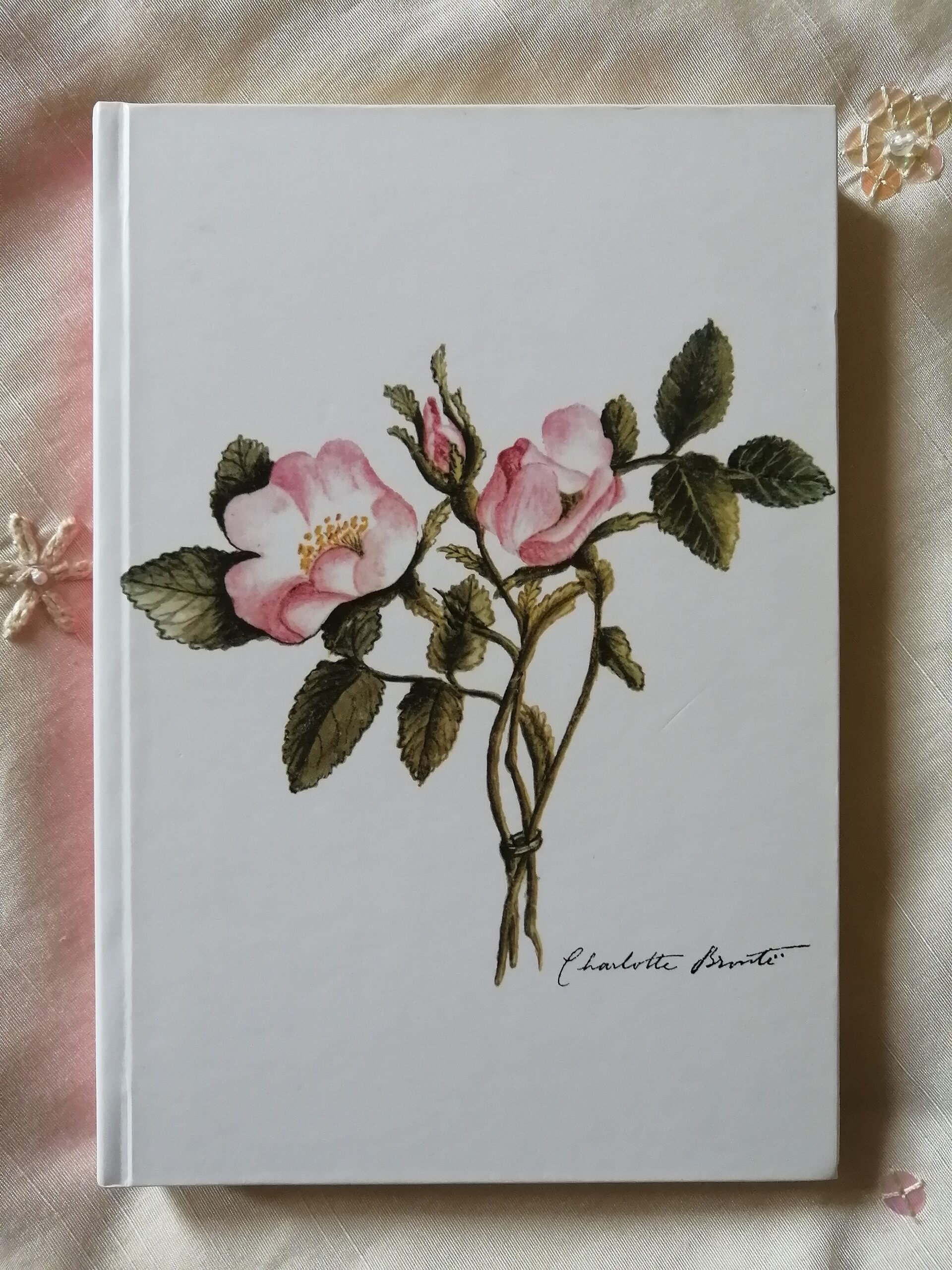Do you find it challenging to write in English, despite having invested many hours, days or even years in studying the language?
This is a common challenge not only for English language learners, but also among native English speakers. Writing encompasses the combination of processes: thinking, organising, recalling the appropriate vocabulary and spelling, and considering how the reader will comprehend our written words. Therefore, it’s not surprising that it can be a demanding task.
Even some renowned English writers faced challenges in their writing. Take for example this line from a letter of Charlotte Bronte, the famous author of Jane Eyre (1847) and Villette (1853). She was corresponding with her friend Ellen Nussey, grappling with the difficulty of expressing what she truly wished to convey,
📙 ‘I must send this note for want of a better. I don’t know what to say. …’
– Charlotte Bronte to her friend Ellen Nussey, October 1836
But in this quote lies the secret to writing better. If it worked for Charlotte Bronte, it can work for you!
📝# Firstly, Charlotte Bronte wrote many short notes and letters by hand nearly every day. If you want to improve your writing, your memory and fingers need to get used to writing out English words and spelling them correctly. One of the best ways to do this is to find a sentence or two in English that you can copy out (preferably by hand) every day. (I wrote on the benefits of writing English by hand in Lesson #112 here). If you are short of ideas, why not find a museum, gallery or association on Twitter that interests you, and try copying out one of their daily tweets in a notebook somewhere? It will help you to learn new words every day that relate to your interest, as well as observe how standard English syntax works (since heritage associations or groups generally use standardised English more than a celebrity or personal account user would).
📝# Secondly, even if you have concerns that your English writing might contain grammatical errors, write nonetheless! Observe how Charlotte Bronte wrote and finished a letter even though she lacked confidence in its quality. As the American novelist Anne Lamott has famously said, you must get used to writing ‘shitty little drafts’ often if you are serious about improving your writing.
📝# Thirdly, I recommend keeping a notebook at hand where you are unafraid of making mistakes. This is important because there may be occasions when you feel, much like Charlotte Bronte, that you ‘don’t know what to say’. To facilitate this, I often opt for notebooks that are blank and devoid of preprinted lines. When I’m uncertain about how to structure my thoughts into something worth writing about, I engage in ‘brainstorm’ or simply jot down different words in various places across a page. That practice helps me in visualising my ideas, and they gradually become less vague and more coherent as I discern how they relate to each other.
I hope this provides you with some ideas on how to consistently enhance your writing. Naturally, you may still require a teacher or a proofreader to double-check your writing, especially if you would like to post or share it and lack confidence in your understanding of English grammar. Nevertheless, this daily writing practice will assist you in self-improvement and with time, enable you to discern what constitutes good writing and what can be made even better.
If you would like me to proofread or review your work for errors, you can always contact me via the query forms on the home page and I will be happy to help you.




